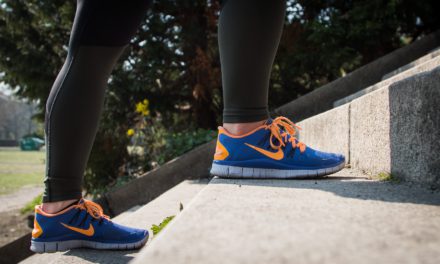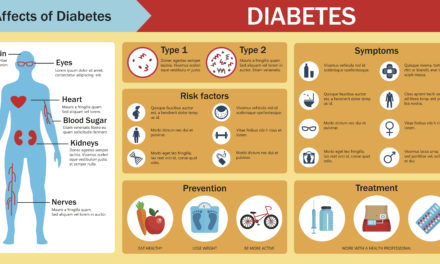If you have been newly diagnosed with diabetes, your first reaction might be confusion, sadness, anger, denial or unsure of the situation. Being diagnosed with diabetes can be a challenging time in your life, but it does not mean that you cannot live a normal life. The good news is that diabetes is a well understood condition and the sooner someone with diabetes is diagnosed, the sooner they can take control over the disease.
Good control is achieved through frequent self-testing of blood glucose levels, a healthy lifestyle, and in some cases insulin or other medication. In the beginning, almost everyone thinks that they will never be able to do the self-testing of blood glucose or insulin injections. But after working with doctors and learning more about diabetes, these things start to feel like less of a big deal.
Tips for newly diagnosed with diabetes
Guidelines to Follow Types of Diabetes
When you are first diagnosed with diabetes, it is important to clearly identify whether you have type 1 or type 2 diabetes. If you are diagnosed with type 1 diabetes, you will most likely need insulin therapy. As for people with type 2 diabetes, you will first be asked to control your blood glucose levels by dieting, exercising and taking oral medications if necessary.
Get Educated About Diabetes
Find a diabetes educator around your community to help you learn and understand more about diabetes. Working with a certified diabetes educator can help you better control your blood glucose levels, develop a healthy meal plan and manage your physical activities.
See a Diabetes Specialist
Other than your primary care doctor who works with you to keep your blood pressure, cholesterol and blood glucose levels within a target range, it is also very important to see a diabetes specialist physician. A diabetes specialist can perform detail examinations of you and also provide suggestions and consultation. It is recommended that you visit your diabetes specialist at least once every six months.
Create a Healthy Diet
Having diabetes does not stop you from eating your favorite foods, you just need to learn to make good food choices and also balance your portions accordingly. Create a meal plan that fits your schedule. Discuss with your dietitian, diabetes specialist or educator about cutting down the carbohydrates, sugar and daily calorie intake.
Develop an Exercise Routine
For people with diabetes, it is recommended that you lose 5-7% of body weight to help control and lower your blood glucose levels. Performing 30 minutes of exercise 5 times a week can help you lose a few pounds. Please consult with your physician and diabetes specialist for the type of physical activities that is suitable for you.
Make a Plan for Other Check-Ups
When diabetes is not well controlled, it can lead to serious complications such as heart disease, nerve damage, foot disease and eye disease. Other than visiting your primary care physician, make a plan to visit other specialists for detailed exams of your feet, eyes and teeth. You should get your feet and eyes checked at least once a year, and visit your dentist every six months for regular cleaning and check ups.
Family Support
It is not easy for most people to adjust to a new diet or exercise routine. When a family member is diagnosed with diabetes, the rest of the family should also help support them by adjusting to a healthier lifestyle. Cutting down on the amount of unhealthy food consumed is not only beneficial to those with diabetes,but can also help prevent or delay the rest of the family from being diagnosed. Besides, it is more fun for the whole family to go on a 30-minute walk together.
This information is a general guideline for people who have recently been diagnosed with diabetes. Please visit your doctor, diabetes specialist or diabetes educator for more suggestions.









